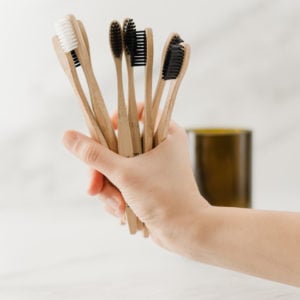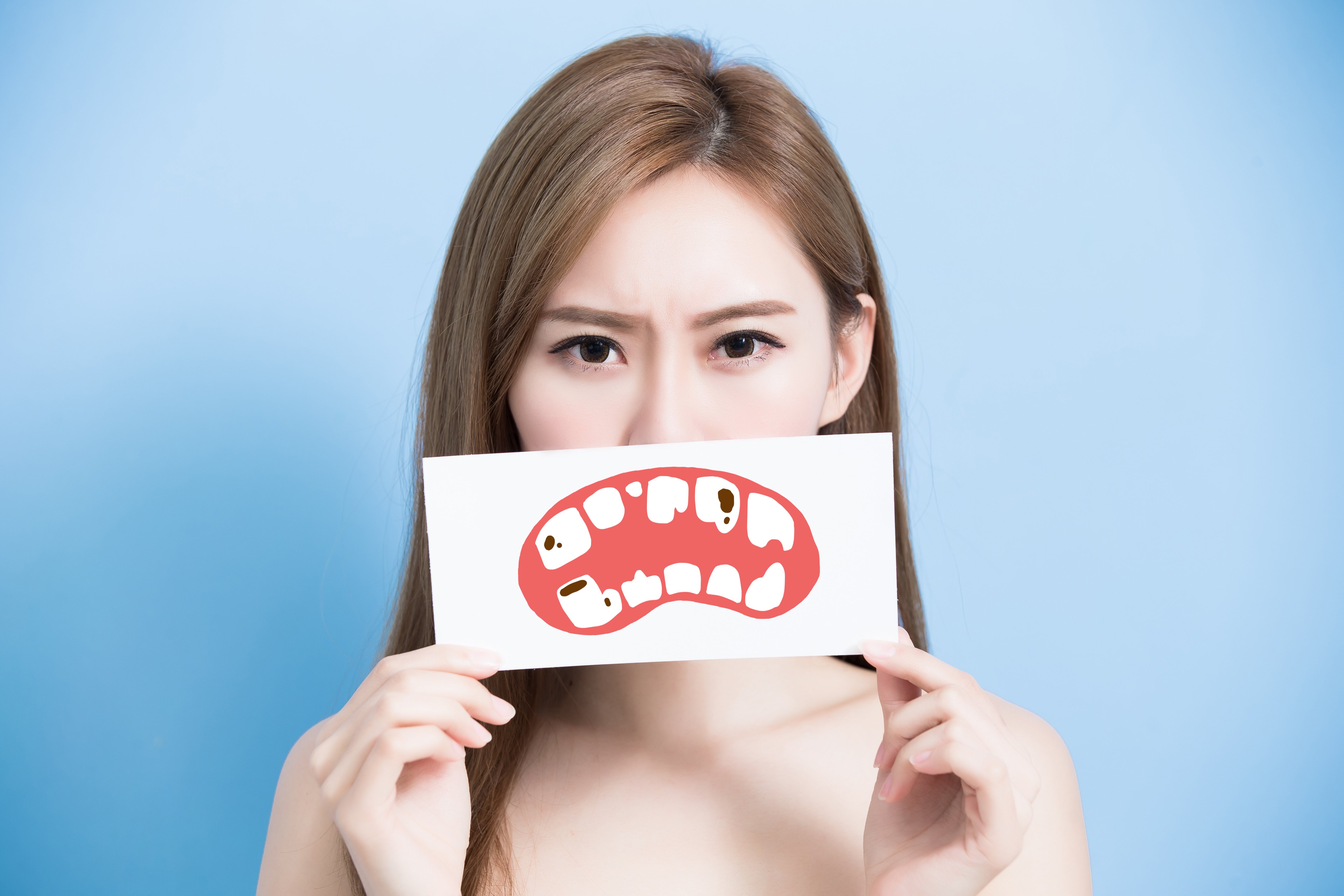Do you take your oral health seriously? We hope you do! The mouth is the window to your health, hence the importance of maintaining healthy teeth, gums and tongue.
While you may think you’re doing all the right things – brushing, flossing and regular dental check ups – you could unknowingly be guilty of causing your teeth harm by certain lifestyle choices and habits. Here are 5 ways to not keep your teeth healthy.
1. Constantly Snacking

Snacking between meals can curb hunger, maintain blood sugar levels and provide some great nutritional benefits. While smart snacking is a good thing, it’s important to understand the difference between a healthy snack, and careless snacking.
Frequent snacking exposes the teeth to sugar for a longer amount of time. Foods high in sugar and/or starch allow the bacteria in our mouth to thrive, causing tooth decay. When bacteria get the chance to feed off food particles, it releases an acid that damages the tooth enamel. That’s why it’s important to drink some water or chew some gum after meals to wash away food residue. Constant snacking, however, opens the window for bacteria to thrive over a longer period of time.
If you feel the need to snack in between meals, be sure to make it a healthy one. Some healthy snack ideas include: yoghurt, fruit, cheese, vegetable smoothie, veggie sticks and hummus, etc. Remember, not only does a balanced diet low in sugar help contribute towards a healthier body; it also protects your teeth for a brighter smile!
2. You Don’t Replace Your Toothbrush Often Enough

Did you know… your toothbrush has an expiry date? Toothbrushes harbour bacteria. It is recommended to replace your toothbrush every three months, or earlier if it starts to look worn or frayed. Also, be sure to look after your toothbrush throughout the three months by rinsing after each use. Be wary of toilet sprays or other chemicals that may reach your toothbrush and store it upright in a dry location.
3. You Use a ‘Natural’ Toothpaste

Are you an eco-conscious shopper? While ditching chemicals is a healthy thing for your household, it is important to be aware of the science behind toothpaste brands labelling themselves as ‘natural’ or ‘toxic-free'.
Unfortunately, if your toothpaste has ditched fluoride as an active ingredient, you may be missing out on some amazing oral health benefits, recommended by dentists for more than 70 years. There seems to be a misconception about the safety of fluoride. The truth is, fluoride is a naturally occurring mineral that helps strengthen the outer layer of the tooth (the enamel) to reduce the risks of cavities.
It is naturally found in most water sources such as lakes, rivers and the ocean. Over the past 70 years, it has been added to many public water supplies around the globe due to its proven benefits for oral health.
4. You’re Chewing the Wrong Gum

Chewing gum can promote saliva production, helping to reduce plaque build up and prevent tooth decay. But not all types of chewing gum provide these oral benefits. Ditch the sugar-infused chewing gums and opt for sugar-free gum made with xylitol.
Xylitol is a natural, sugar-free sweetener. While it may look and taste like sugar, xylitol has fewer calories and doesn't raise blood sugar levels. The bad bacteria which causes tooth decay doesn’t feed off xylitol, making it a great ingredient in chewing gum to substitute sugar.
5. You Don’t Hydrate After Drinking Alcohol

Not only does drinking water after alcohol help reduce the impacts of a hangover, it helps keep our mouth healthy. Alcohol not only dehydrates our insides, but it dries out our saliva too. Saliva plays a key role in keeping our mouths healthy by preventing food from sticking to our teeth and gums. It can even repair some gum diseases, oral infections and tooth decay.
Maintain Your Healthy Smile With Us
Are you unknowingly harming your teeth with daily habits? At Mulgrave Dental Group, we help you keep your smile healthy and vibrant by addressing the root causes of tooth damage and providing expert care catered to your needs.
Whether it's a routine check-up or a consultation to address specific concerns, our experienced team at Mulgrave Dental Group is here to help you maintain a healthier, happier smile. Book a dental appointment online or call us on (03) 9562 5156.

Smile Makeover Client
Your Healthier Smile Awaits
Whether you're looking to improve your dental health or enhance your smile, we're here to help. Book an appointment with Mulgrave Dental Group today!
Book Now

